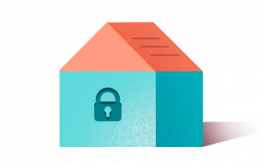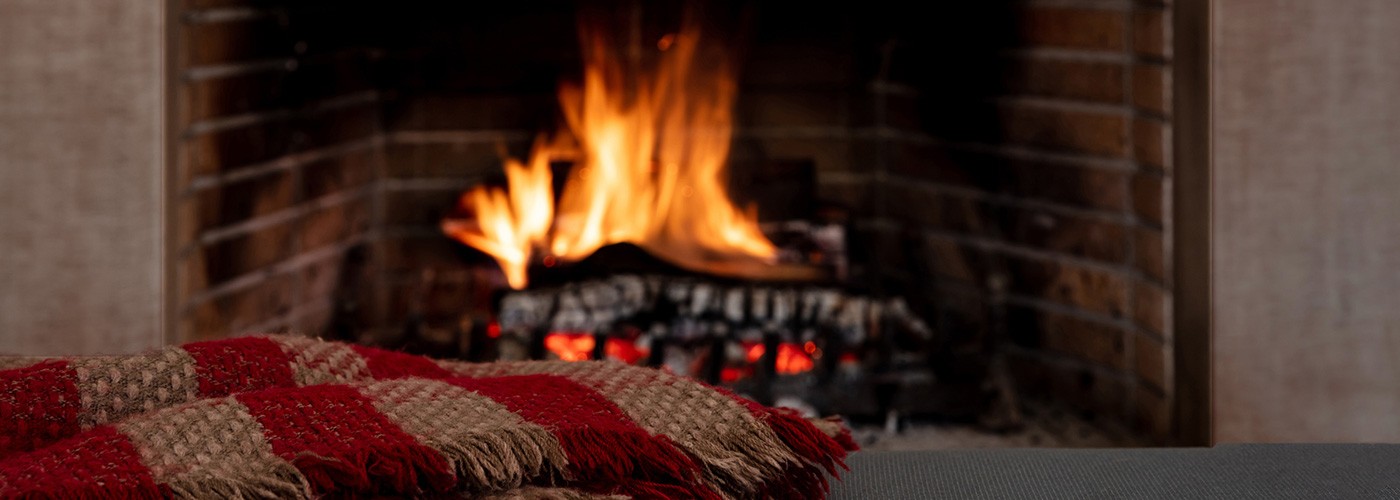Nous sommes fiers d'annoncer l'acquisition du Groupe Lanthier Assurances ainsi que la création de Nauti Expert Inc. pour assurer vos bateaux de grande valeur. Nous souhaitons la bienvenue à tous leurs clients au sein de la grande famille DPA!
1. Buzzing or humming in the walls
Noises in house walls should be taken seriously: any buzzing, shaking, vibrating or scratching probably indicate the presence of bees, mice, squirrels or even birds inside the walls. If you hear such noises, install traps or call in an exterminator. If what you hear is more like the sound of flowing water, you’ve probably got a burst pipe. Call your plumber right away!
2. Squealing, popping or hissing in the furnace
In cold weather, what’s more comforting than the warm hum of the furnace? But if this is accompanied by a cacophony of squeaks or squeals, the motor might need oiling or replacing. If you hear knocking, check the fan because it might be bent or off its base. Popping sounds (like popcorn) can also indicate that the gas line is clogged. Whistling is the sign of a dirty filter, so be sure to clean or change the filter every three months.
3. Whistling windows
If your windows are old and starting to whistle, it’s probably time to change the sealant or silicone that holds the window glass in place. It’s a simple operation. However, if that doesn’t work, the problem might be more serious. The window could be badly installed or the frame poorly adjusted. If in doubt, call a professional.
4. Clanking and smacking in the radiator
If your home has a steam heating system with accordion-shaped radiators, for example, you may already have heard clanking. When the sounds go on and on, they can be a nightmare. The clanking probably means there are air bubbles in the system that have to be removed by purging the radiators. This involves loosening the bleed valve, usually located on top of the radiator, and placing a container underneath to collect the water as it drains out. You will hear the air escape progressively less. Once the water starts to drain without making any noise, the purge is complete!



